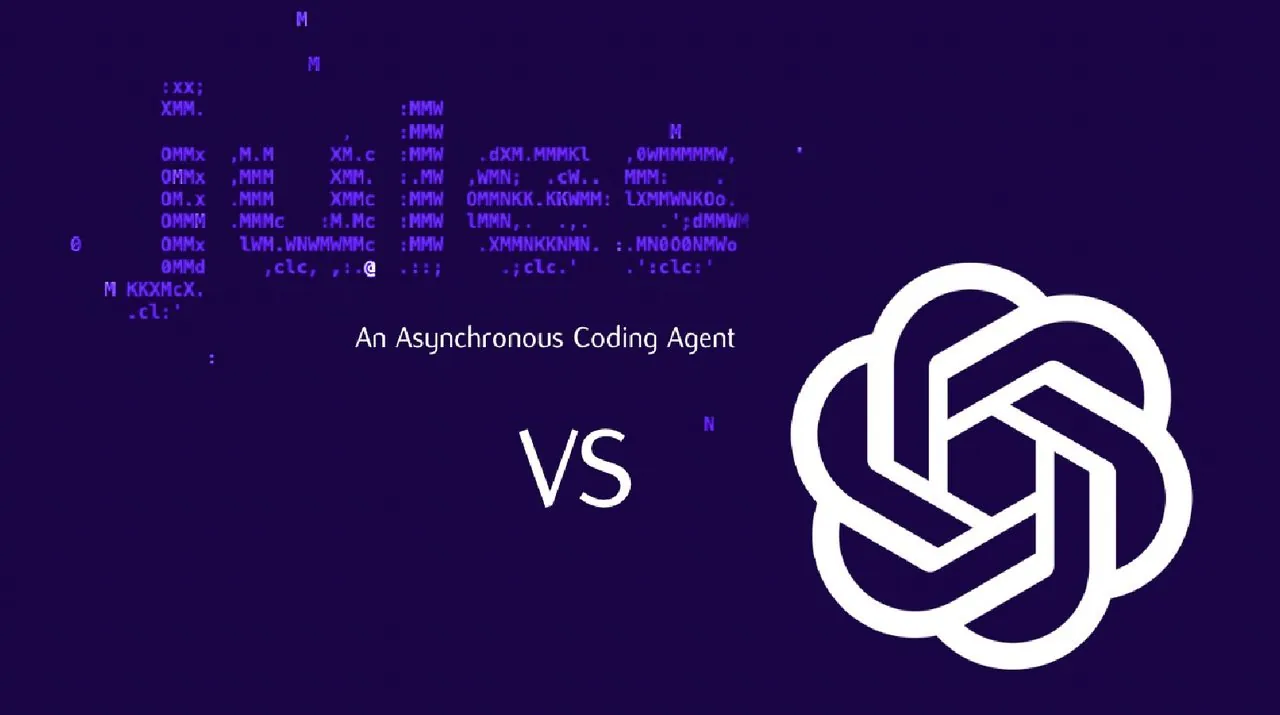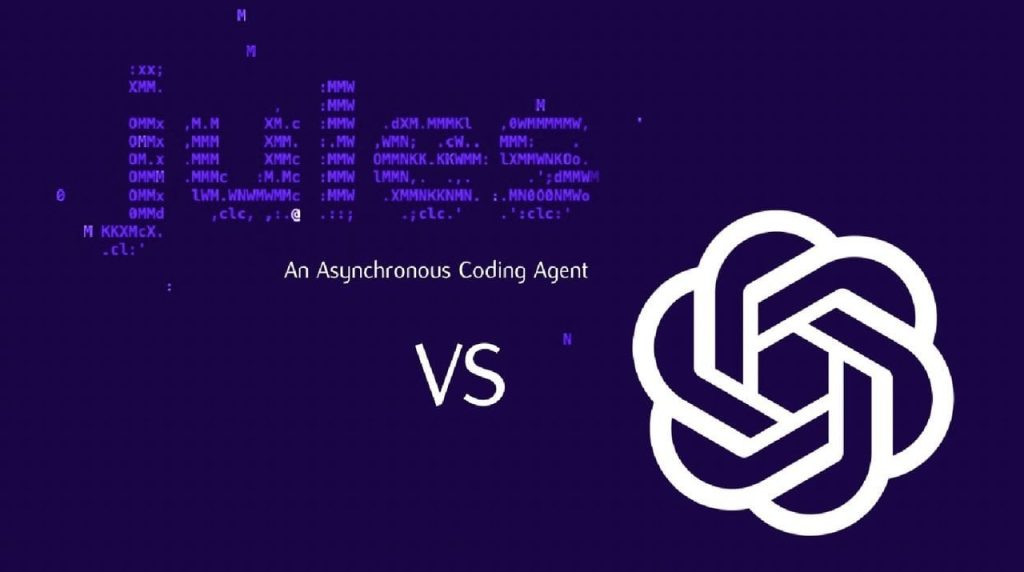
What if the future of coding wasn’t about writing lines of code but about collaborating with an AI partner that understands your needs? Enter Google Jules vs OpenAI Codex, two new AI-powered coding tools that are reshaping how developers approach software creation. While both promise to transform productivity and streamline workflows, they take distinctly different paths to get there. Google Jules thrives within the Google ecosystem, offering unparalleled integration with tools like Android Studio and Google Cloud. Meanwhile, OpenAI Codex wields its versatility, excelling across a wide range of programming languages and development environments. The question is, which one aligns better with your goals—and what does this rivalry reveal about the future of programming?
In this exploration, GosuCoder dissects the unique strengths and limitations of these two AI titans. From natural language code generation to debugging prowess and ecosystem compatibility, we’ll uncover how each tool caters to specific developer needs. Whether you’re a Google-centric developer seeking seamless integration or a multi-platform coder craving flexibility, this comparative perspective will help you navigate the decision-making process. As you read, consider not just the tools themselves but the broader implications they hold for the evolution of AI in software development. After all, the choice between Google Jules and OpenAI Codex isn’t just about tools—it’s about how we envision the future of coding itself.
Jules vs Codex
TL;DR Key Takeaways :
OpenAI Codex offers broad programming language support and flexibility, making it suitable for diverse coding tasks, while Google Jules excels in projects tied to Google’s ecosystem, such as Android development and Google Cloud services.
OpenAI Codex specializes in generating functional code from natural language prompts, whereas Google Jules provides highly contextual code suggestions optimized for Google’s APIs and cloud services.
For debugging and optimization, OpenAI Codex provides general error identification and explanations, while Google Jules offers advanced real-time insights and performance metrics for cloud-based applications.
OpenAI Codex integrates with popular development tools like Visual Studio Code, offering versatility, while Google Jules provides a seamless experience within Google’s ecosystem, including Android Studio and Google Cloud Platform.
Both tools enhance productivity by automating tasks and reducing errors, but OpenAI Codex is better for general-purpose development, while Google Jules is ideal for projects heavily reliant on Google’s technologies.
Programming Language Support and Versatility
Both Google Jules and OpenAI Codex are built to support a wide range of programming languages, making them versatile tools for developers. OpenAI Codex is particularly notable for its extensive language coverage, including popular options like Python, JavaScript, Ruby, and more. This broad compatibility makes it a strong choice for developers working across diverse platforms. In contrast, Google Jules focuses on seamless integration with Google’s ecosystem, excelling in areas such as Android development and Google Cloud services.
OpenAI Codex offers broad compatibility, making it ideal for projects involving multiple programming languages.
Google Jules provides a tailored experience for developers working within Google’s ecosystem.
Your decision here depends on whether you prioritize general versatility or a platform-specific approach optimized for Google’s tools.
Code Generation Capabilities
AI-powered code generation is a standout feature of both tools, but their approaches differ significantly. OpenAI Codex excels in generating functional code snippets from natural language prompts. By describing your requirements in plain English, you can receive accurate and functional code suggestions. Google Jules, on the other hand, emphasizes contextual code generation. Its deep integration with Google’s services allows it to provide highly relevant and specific suggestions, particularly for projects involving Google APIs or cloud services.
OpenAI Codex is highly flexible, making it suitable for a wide range of coding tasks.
Google Jules delivers precise, context-specific assistance, especially for projects tied to Google’s ecosystem.
Choosing between these tools depends on whether you value flexibility for general coding tasks or specificity for Google-related projects.
Google Jules vs OpenAI Codex
Here is a selection of other guides from our extensive library of content you may find of interest on AI coding.
Code Debugging and Optimization
Debugging and optimization are critical aspects of software development, and both tools offer AI-driven solutions to address these challenges. OpenAI Codex identifies errors in your code and suggests fixes, often providing explanations to help you understand the changes. Google Jules takes this a step further by integrating with Google’s debugging tools, offering real-time insights and performance metrics that are particularly useful for cloud-based applications.
OpenAI Codex is a strong choice for general debugging tasks and error explanations.
Google Jules excels in optimizing cloud-based applications and providing detailed performance insights.
If your workflow involves extensive debugging or performance tuning, Google Jules may offer an advantage, especially for cloud-focused projects.
Development Environment Integration
Seamless integration with development environments is essential for maintaining productivity. OpenAI Codex integrates with widely used code editors like Visual Studio Code, allowing developers to access its features directly within their existing workflows. Google Jules, in contrast, is deeply embedded in Google’s ecosystem, offering a cohesive experience with tools like Android Studio and Google Cloud Platform.
OpenAI Codex provides compatibility with a variety of popular development tools, making it versatile for diverse workflows.
Google Jules offers a unified experience for developers working within Google’s ecosystem.
Your choice will depend on whether you prefer a tool that integrates with multiple environments or one that is tightly aligned with Google’s platforms.
Productivity and the Software Development Process
Both tools aim to enhance productivity by automating repetitive tasks, reducing errors, and accelerating development cycles. OpenAI Codex allows developers to focus on higher-level problem-solving by handling routine coding tasks efficiently. Google Jules, with its contextual assistance, is particularly effective for navigating complex projects that involve Google’s technologies.
OpenAI Codex is ideal for developers seeking a general-purpose assistant to streamline coding tasks across various platforms.
Google Jules is better suited for projects deeply integrated with Google’s tools and services.
The impact of these tools on your productivity will largely depend on your specific use case and development environment.
Limitations and Areas for Improvement
Despite their advanced capabilities, both tools have limitations that developers should consider. OpenAI Codex can occasionally generate incorrect or suboptimal code, requiring careful review and refinement. Google Jules, while highly effective within Google’s ecosystem, may lack versatility for projects outside of Google’s platforms. Additionally, neither tool eliminates the need for human oversight, as AI-generated code can miss subtle nuances or introduce unexpected bugs.
OpenAI Codex users should be prepared to verify and refine its outputs to ensure accuracy.
Google Jules users may find its utility limited for non-Google platforms or technologies.
These limitations highlight the importance of using these tools as assistants rather than replacements for human expertise.
Choosing the Right Tool for Your Needs
Google Jules and OpenAI Codex represent significant advancements in AI-driven development tools, each offering unique strengths. OpenAI Codex stands out for its versatility and natural language processing capabilities, making it a strong choice for developers working across diverse platforms. Google Jules, on the other hand, excels in contextual assistance and seamless integration with Google’s ecosystem, making it ideal for projects centered on Google’s technologies.
Your choice between these tools should be guided by your specific requirements, such as the platforms you work with, the programming languages you use, and the level of integration you need. By understanding their features, strengths, and limitations, you can use these tools to enhance your productivity and streamline your software development process.
Media Credit: GosuCoder
Filed Under: AI, Top News
Latest Geeky Gadgets Deals
Disclosure: Some of our articles include affiliate links. If you buy something through one of these links, Geeky Gadgets may earn an affiliate commission. Learn about our Disclosure Policy.

